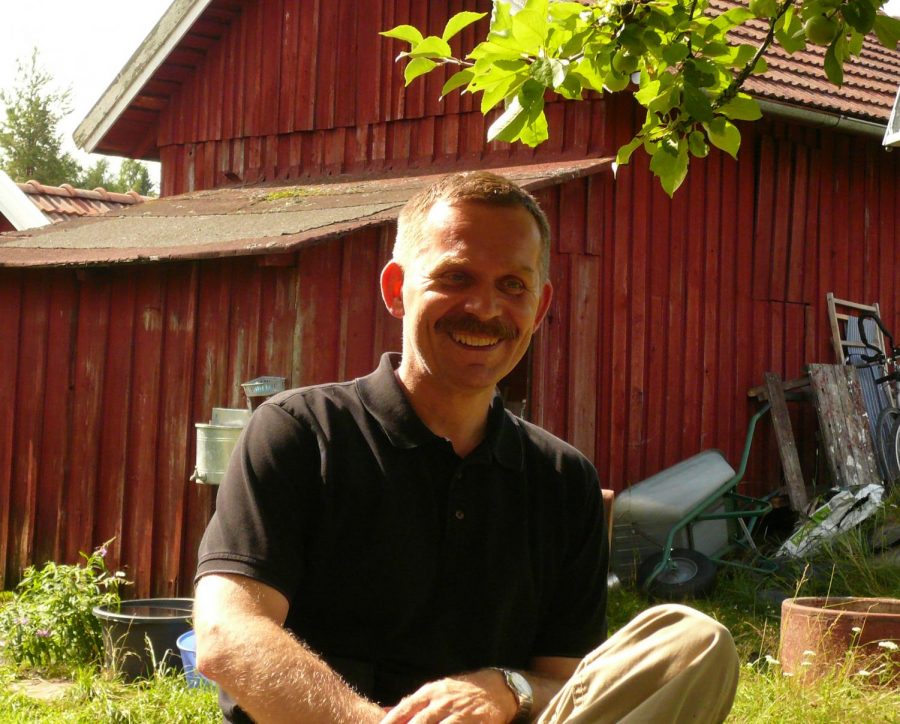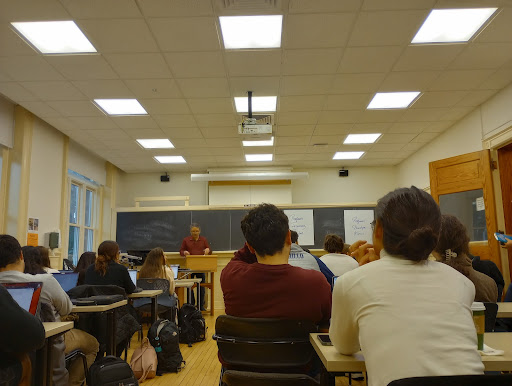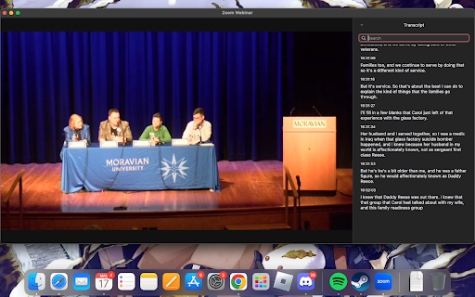Native Finn Dr. Lempa Explains Why Finland Ranks #1 in Happiness
Last month, the New York Times published an article about a study titled The World Happiness Report, an in-depth analysis of countries according to their levels of happiness. In ranking them, the study’s authors considered such factors as Gross Domestic Product (GDP) per capita, social support, life expectancy, freedom to make life choices, generosity, and corruption levels.
When the study was concluded, it was determined that the number one happiest country in the world was Finland. The top 20 rankings are as follows:
- Finland
- Norway
- Denmark
- Iceland
- Switzerland
- Netherlands
- Canada
- New Zealand
- Sweden
- Australia
- Israel
- Austria
- Costa Rica
- Ireland
- Germany
- Belgium
- Luxembourg
- United States
- United Kingdom
- United Arab Emirates
While this study is very interesting, we wondered how valid it is. Can happiness be defined quantitatively? Is happiness the same all over the world? Is it fair to compare them?
To answer those questions, we talked to Dr. Heikki Lempa, a native Finn. Lempa described his childhood as happy and free. “I grew up on my family’s farm until I was 8 years old,” said Lempa. “Then we migrated to the city but still used the country home for vacations and trips. Moving to the city introduced me to people of all kinds of different social backgrounds and classes.”
Lempa explained that in Finland, economic class makes very little difference in the eyes of the people. Wealthier families mingle with families of a lower economic status, creating a much more inclusive group of citizens.
“Here [in the United States], economic class is heavily felt. It is a divisive factor in society. This just does not happen in Finland. Your economic status doesn’t matter there,” he said.
While he believes that social equality is important to the happiness of citizens, Lempa thinks it is only a minor factor of an even larger issue. The study considers the influence that “freedom to make life choices” has on happiness. Lempa suggested that this, more than economic equality or productivity, plays an important role in determining a nation’s overall happiness.
“America talks about the nation being a land of opportunity and freedom. While you do have the freedom to do almost whatever you want in your career or home life [in the United States], there are many more restrictions that people [fail to] realize,” said Dr. Lempa. Some of those things are deciding on health care, family life versus career opportunities, and senior citizen care, all of which put limiters on the choices we make and leave us much less free than we think.
Lempa illustrated the differences between freedom in American and Finland with the example of a woman who recently married and is working to become a lawyer.
In America, there is a high chance she would have to decide if she wanted to start a family and sacrifice her career, or put her family on hold and pursue her passion. While people say that this is not true, it is more common than most realize, Lempa said. A woman may have to sacrifice promotions because she needs unpaid time off for maternity leave, which leads to missed opportunities. Afterwards, her boss is likely to compare her to an employee who is not taking time off. With all of these odds stacked against her, the woman may have to sacrifice her job in order to raise her children.
Lempa explained that this is not the case in Finland. Maternity leave is much more flexible, beneficial, and encouraged, instead of frowned upon. Family life and career life are separate things; one is not sacrificed for another because everyone deserves the right to have both.
“No one should have to make a decision between their career and their family,” said Lempa.
Additionally, Finns have much more freedom than Americans to try new things without the anxiety of failing. Lempa said that one of the most stark differences he sees between the two nations is that in Finland there is a security net to catch those who fail economically. There is health care for those who cannot afford it, there is support for those who cannot find food or shelter, and there is educational support, too.
In America, there is no such safety net. Lempa said that citizens here live in constant anxiety about whether they will be able to support themselves or afford the necessities of life.
One of the most quintessential examples of this is health care. Many of those who cannot afford health care are forced into a position where they have to work low-paying jobs for which they are overqualified just to get enough money to buy overpriced but life-saving medications. With a better health care system, they could be doing work that they are much more passionate about.
The anxiety of failing and fighting for survival pushes many Americans into problematic positions where they don’t have any other choices, Lempa said. Sometimes Americans are forced to quit their jobs and care for the elderly because elderly care is either unavailable or too expensive. People are being forced to give up their lives and passions to take care of needs that they cannot ignore.
“The choice to sacrifice is not really a choice,” said Lempa. “It’s a necessity that is simply wrong. The choices that people have to make are too fundamental and all-encompassing in America. No one should have to sacrifice their livelihoods to simply stay alive.”
Lempa also noted many more cultural differences between the two nations, but he says that most of them tie into Americans’ not being able to freely make choices due to too much uncertainty and sacrifice.
“America needs to stop forcing everyone to rely only on themselves,” said Lempa. “An economic safety net would allow Americans to make freer choices and lead happier lives. Some concrete things would be universal health care, more support for the elderly, longer vacations, and more economic safety. The key to ensuring that these plans work is to make a long-term plan and stick with it. The policy cannot constantly change and be expected to work. We need to make a change and wait it out for a few decades or so, and then change it if it isn’t efficient. Things this fundamental take time to take effect. We must be patient and reach a consensus on what the important issues are and how to solve them.”
That, he said, would go a long way to making the United States a much happier place in which to live.












